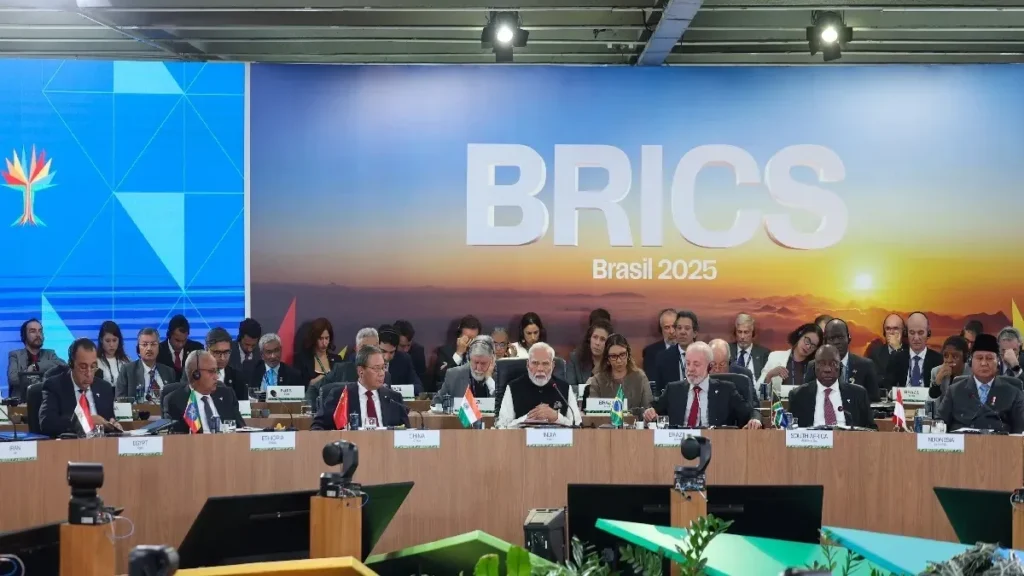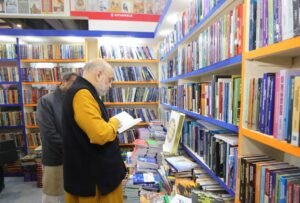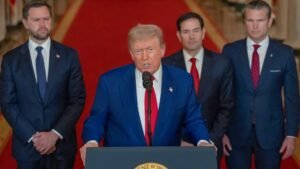BRICS Summit calls for India and Brazil’s inclusion as permanent members of UN Security Council

New Delhi: The 17th BRICS Summit has strongly advocated for the inclusion of India and Brazil as permanent members of the United Nations Security Council (UNSC), underlining the need to make the global body more democratic, representative, and effective.
In a joint declaration, the leaders of the BRICS nations reaffirmed their commitment to comprehensive reforms of the United Nations, particularly the Security Council. The declaration emphasised the urgent need to enhance the representation of developing countries, especially from the Global South, to ensure that the Council can respond more adequately to current global challenges.
Push for a more representative UN
“We reiterate our support for a comprehensive reform of the United Nations, including its Security Council, to make it more democratic, representative, effective, and efficient,” the declaration stated. “We emphasise the need for greater representation of developing countries in the Council, including emerging economies from Africa, Asia, and Latin America, to reflect contemporary geopolitical realities.”
The document explicitly backed the legitimate aspirations of African countries as highlighted in the Ezulwini Consensus and the Sirte Declaration, calling for their rightful representation in international decision-making processes.
Condemnation of terror attacks
The BRICS nations also condemned the recent terrorist attack in Pahalgam, India, in the strongest terms. The declaration stressed a zero-tolerance policy towards terrorism and rejected the use of double standards in combating the menace.
“We emphasise the primary responsibility of states in countering terrorist threats and call on all countries to fulfil their obligations under international law,” the leaders said.

Concerns over unilateral trade measures
The summit also addressed rising concerns over unilateral tariffs and non-tariff barriers, which were widely interpreted as a critique of U.S. trade policies. The BRICS leaders warned that such measures undermine global trade and stability.
Additionally, the group voiced deep concern over ongoing global conflicts and the increasing polarisation and fragmentation of the international order. The declaration reiterated BRICS’s concern over the situation in the occupied Palestinian territories, calling for a peaceful resolution in line with international law.
About BRICS
BRICS now comprises 11 full members: Brazil, Russia, India, China, South Africa, Egypt, Ethiopia, Indonesia, Saudi Arabia, the United Arab Emirates (UAE), and Iran. The group has also expanded its partnerships, with Belarus, Bolivia, Cuba, Kazakhstan, Malaysia, Nigeria, Thailand, Uganda, and Uzbekistan as partner countries. This year, Vietnam has also joined as a BRICS partner nation.
The summit’s outcomes underline BRICS’ evolving role as a platform advocating for multipolarity, equitable representation in global institutions, and a rebalancing of international power structures in favour of emerging economies.











